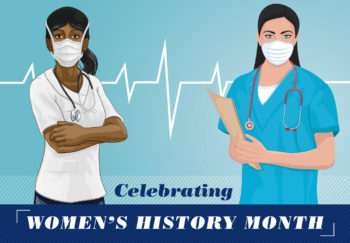
Biden's prostate cancer announcement was shocking. How did such an advanced cancer go unnoticed? Expert Dr. Kirsten Greene can explain.
When it comes to prostate cancer, many men just don’t want to talk about it. There’s so many unknowns. You probably have questions, like:
We want you to know that we understand. These are valid concerns. And we’ve got your back. You have options, and we can help you figure out what screening is right for you and what will happen next.
Early detection is key. The sooner we know you have cancer, the easier it is for us to treat it. There are so many effective treatments we can offer. And we can connect you to others who have gone through what you’re facing. You don’t have to go it alone.
Explore these stories to find out more about men who have gone through the prostate cancer journey. Learn about the experts who support men like you, every day.

Biden's prostate cancer announcement was shocking. How did such an advanced cancer go unnoticed? Expert Dr. Kirsten Greene can explain.

A monthly roundup of UVA Health expertise highlighted in local and national media outlets. Find out the latest news in medicine and health.

Diagnosed with prostate cancer? You need to know why active surveillance is key to your health.

Learn how adding the MR-linac radiation therapy tech to our cancer-fighting tools will help us treat pancreatic cancer.

As a child, Kirsten Greene, MD, dressed in scrubs for Halloween. Today, she's the urology department chair and associate chief medical officer at UVA Health.

If the man in your life is guilty of the “rub some dirt on it” approach to medical care, they may be overlooking signs of a serious health issue. Here are tips to help ensure they're getting the care they need.

Urologic oncologist Kirsten L Greene, MD, helps patients with urologic cancer by focusing on minimally invasive and robotic surgery techniques.

Urologic oncologist Sumit Isharwal treats patients with bladder, prostate, kidney & testicular cancer. Watch his video & find out why he loves urologic surgery.

Approximately one in nine men in the U.S. will be diagnosed with prostate cancer in their lifetime. Fortunately, there are now more treatment options available than ever before for early-stage disease.

Prostate cancer is one of the most common cancers in men, but that doesn't mean everyone should get screened. Learn why, and find out if you're at higher risk.
Get stories & health tips every week